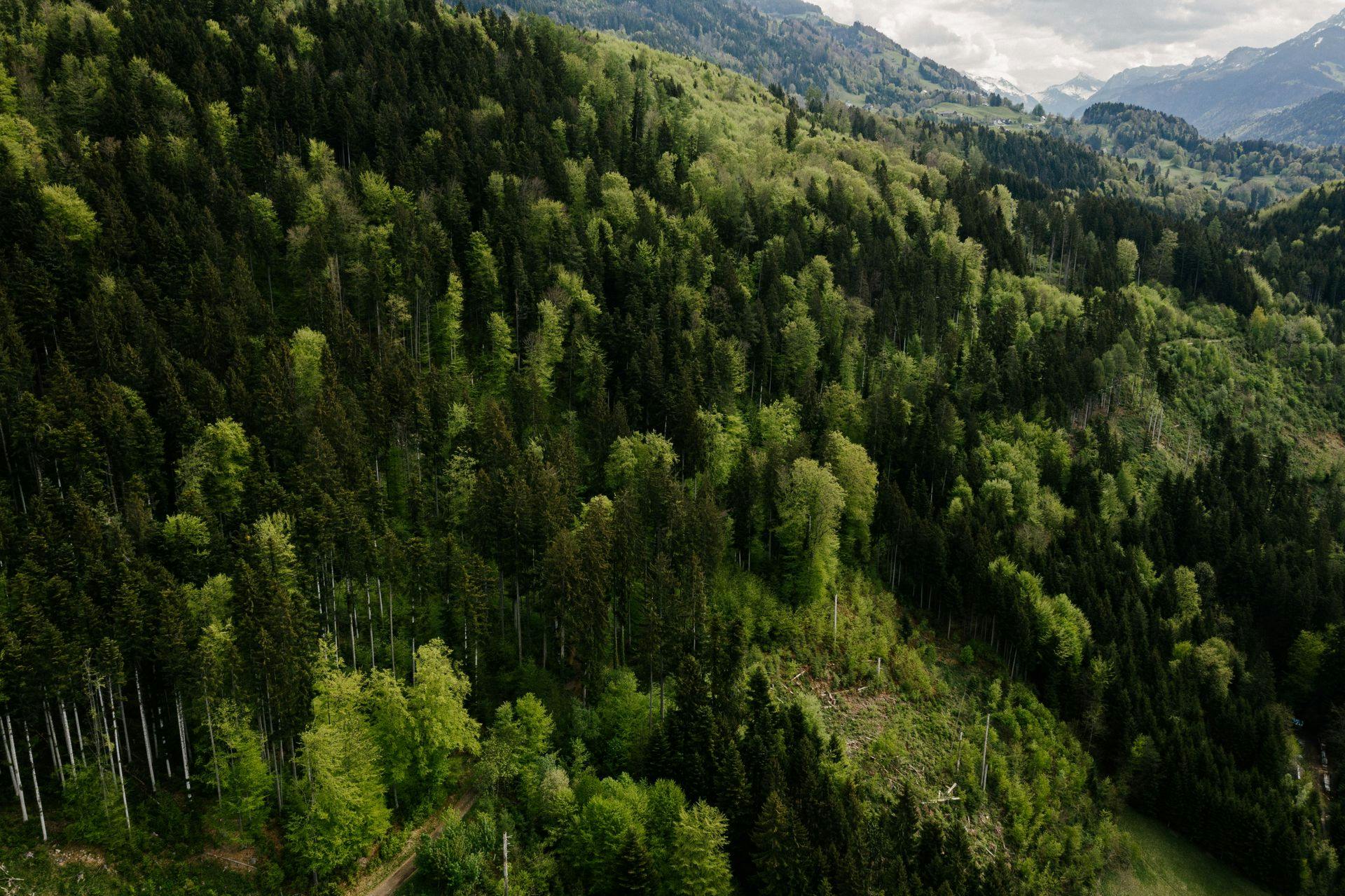
Kappa Private Foundation
Project Infos
Project Area
1,907.2 ha
Location
Hopfgarten im Brixental
Project Start Date
December 2022
Project Time Span
30 years
Project Type
IFM - Conservation
Project Developer
Tree.ly, Dornbirn
Verification Standard
SILVACONSULT® Forest Carbon Standard, ISO 14064-2

Credits available
Risk Buffer Share
10%
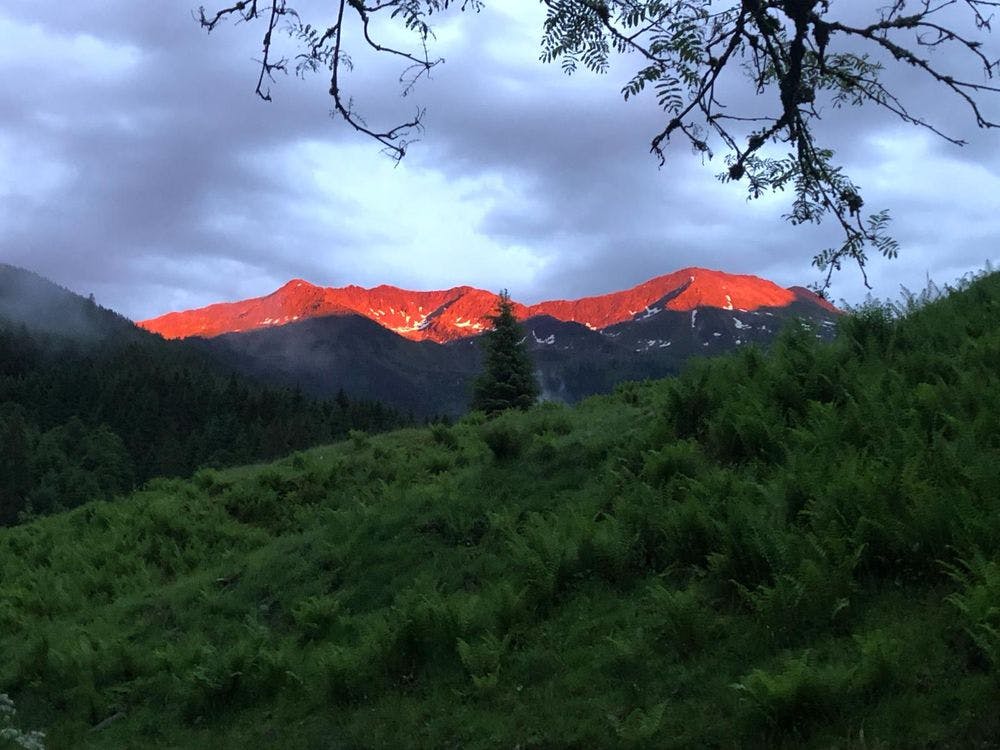
Beautiful evening atmosphere
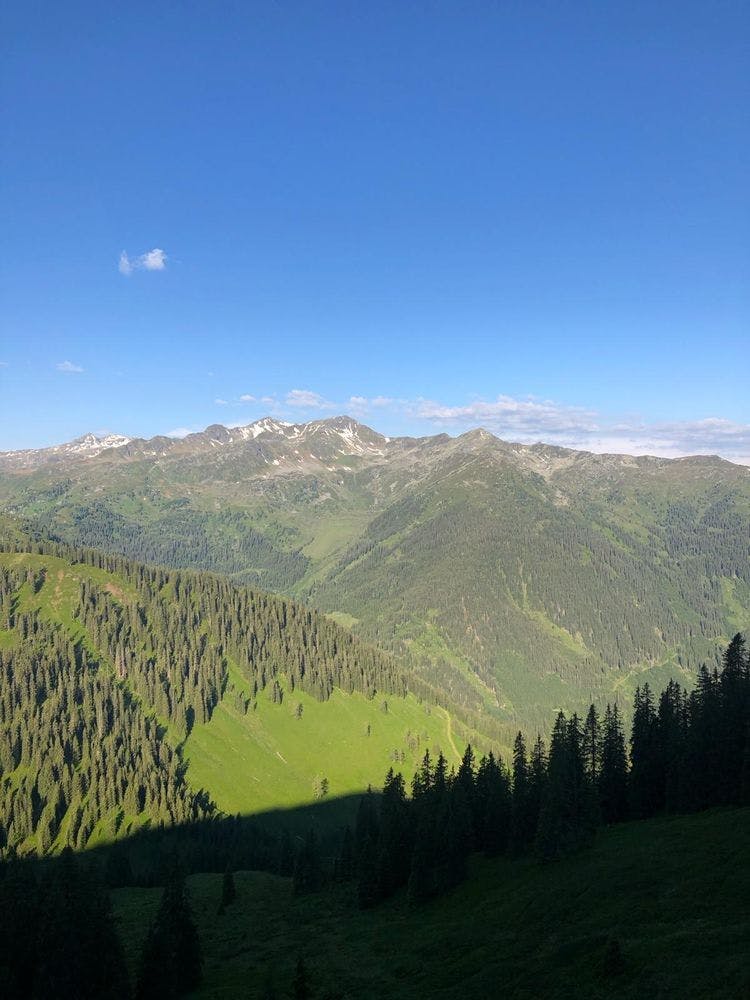
Shady side of the mountains
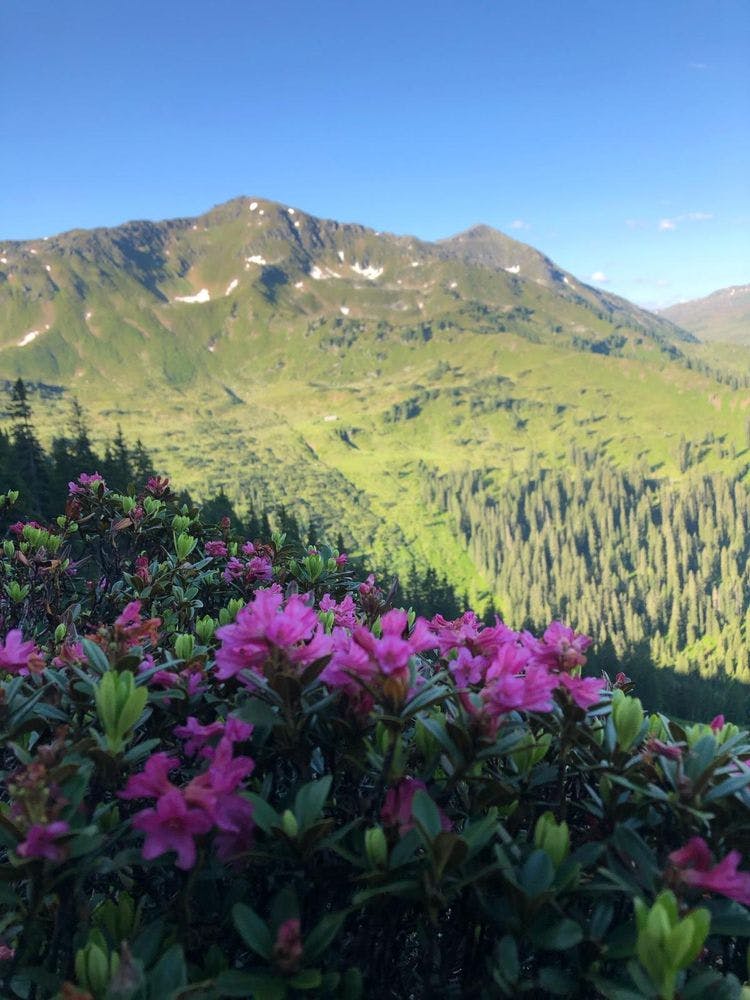
Alpine rose flora
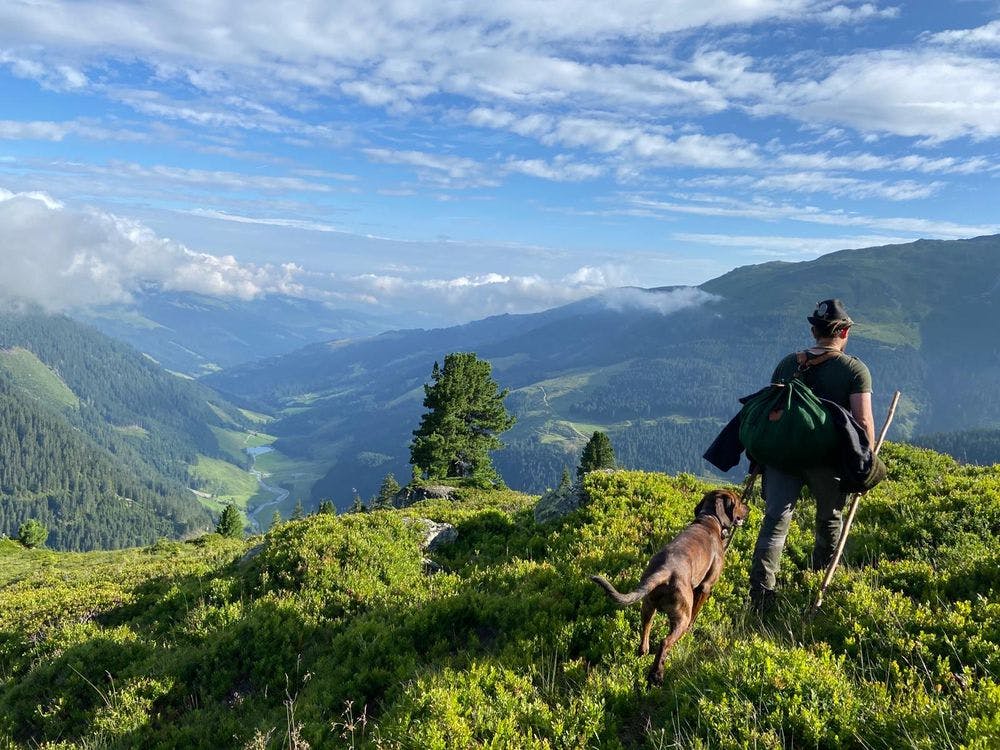
View out of the valley
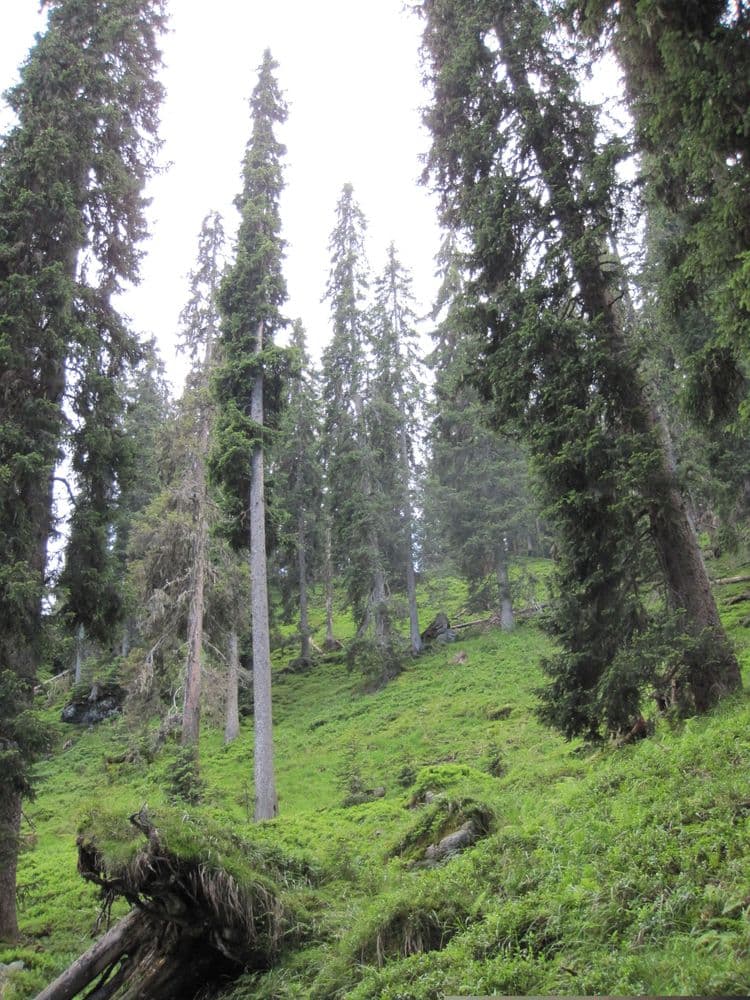
Spruce stand in pointed-crowned high altitudes
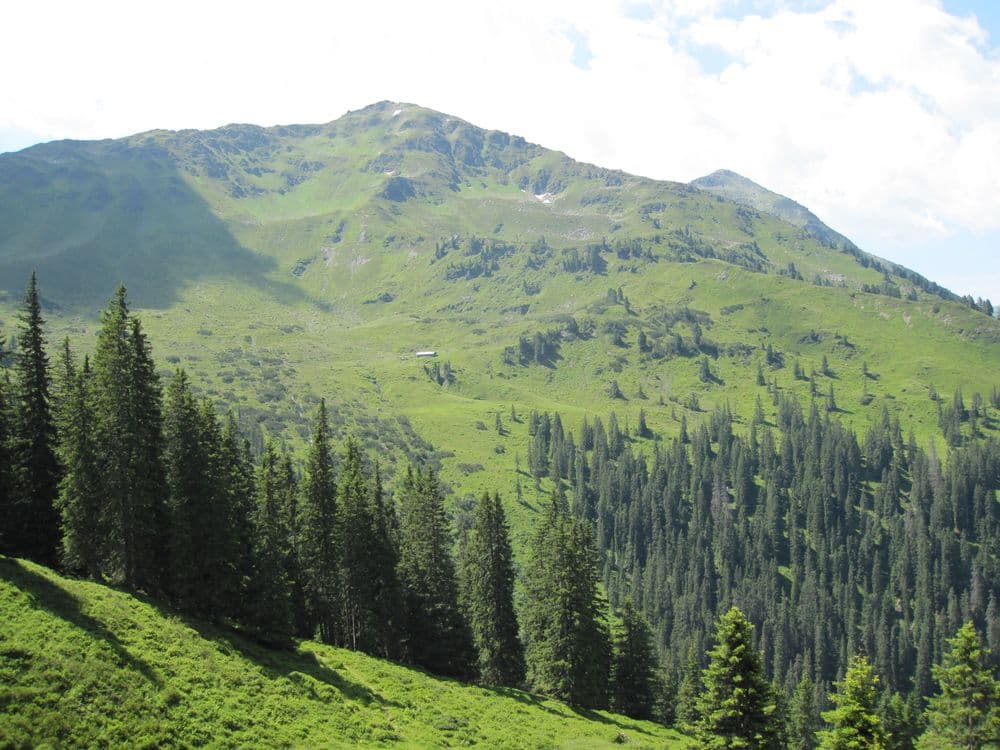
Alpine alpine rose mats and protection forest
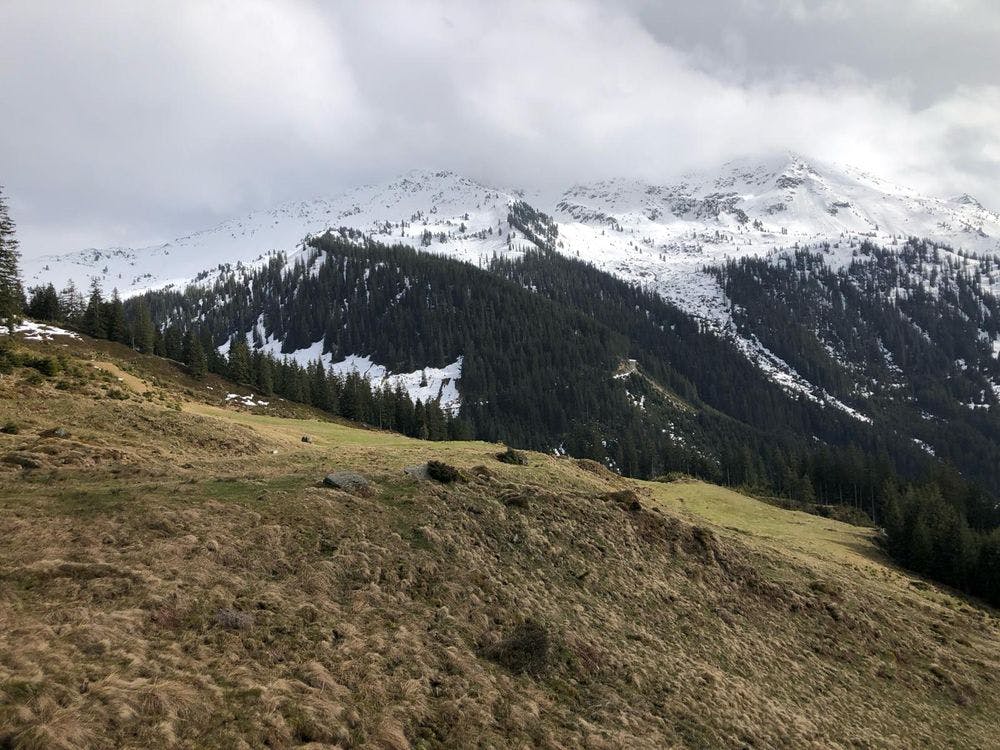
Protective forest area
Woodcock
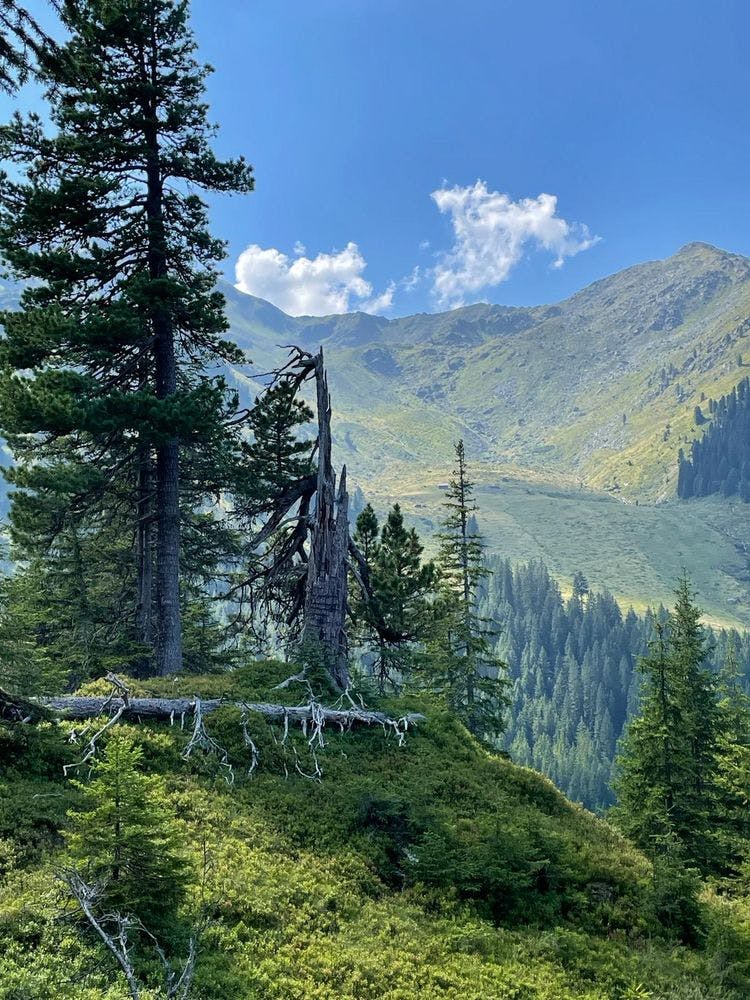
Lying deadwood
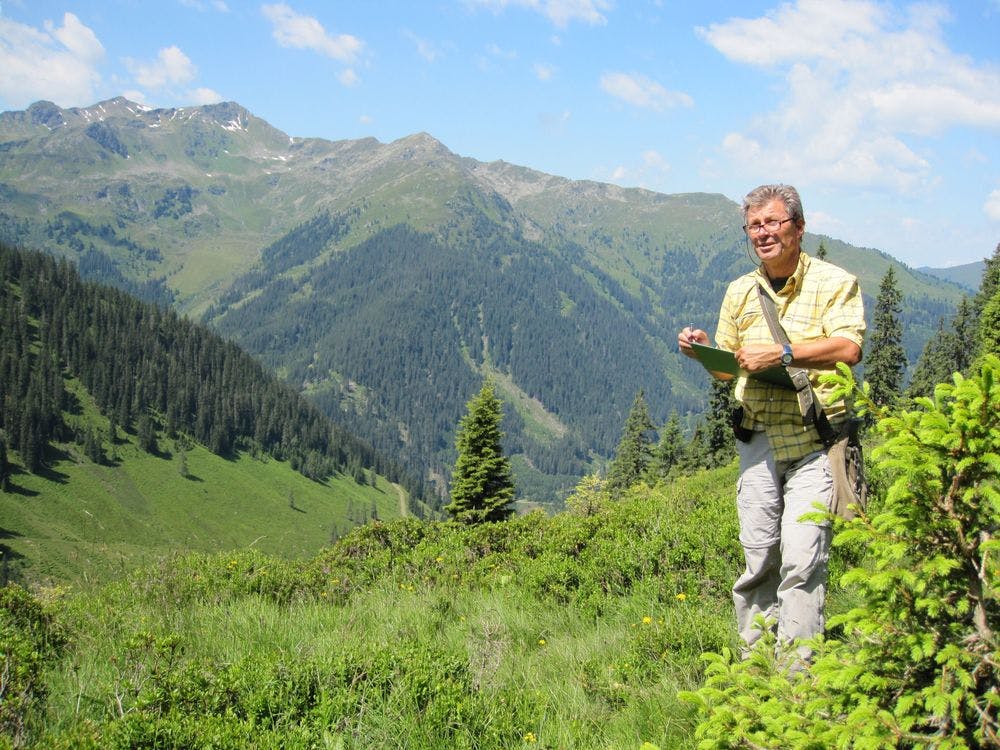
Carrying out the forest inventory
Forest climate protection project
A forest with special features
Support forests in your region
Buy regional credits to make a valuable contribution to the current climate problem.

Maximilian Venhofen
Consultant for Carbon Credits

Intensive logging 1870 - 1889
The original state forest was also used for the local glass factory after the sale. Between 1882 and 1889, large-scale clear-cutting was carried out. 850 hectares of forest, from the valley floor to the protected areas, were cut down. It is thanks to previous generations of hard-working forestry labourers that the forest was reforested. This initiated the regeneration of the forest.

Sustainable forestry for 125 years
The Darblay family owned the forest for 125 years and managed it according to the principles of sustainable forestry. Even during the challenging times of the two world wars, they were committed to environmental protection and responsible forestry and always adhered to their sustainable philosophy.

Forest infrastructure for sustainable forestry
In the 1980s, forest roads were built by the company's own staff in order to carry out sustainable forest management on large areas. This infrastructure development enabled more efficient utilisation and accessibility of the forest areas.
Genuine
Meaningful actions with your money

Forest Restructuring
Monoculture stands are being converted into climate-resilient mixed forests.

Reforestation
Reforestation of former damaged areas with near-natural tree species.

Regeneration
Measures such as browsing protection, regeneration-promoting measures, etc.

Conservation
Biodiversity enhancement, deadwood, water protection.

Protection Forest
Supporting the protective function of the forest against avalanches, landslides, etc.

Harvesting
More expensive timber harvesting due to difficult accessibility, support by expensive technology such as cable cranes, etc.

Forest Infrastructure
Accessibility is improved by forest infrastructure.
Problems
Insight into the challenges

Steep slope areas
The steep terrain makes forest management difficult. The use of tipping mast cable equipment enables the cultivation of steep slopes on over 75% of forested areas. This specialised method ensures efficient and environmentally friendly use even in regions that are difficult to access.

Forestry workflows
Forestry work processes are restricted by the snowy winter conditions, meaning that timber harvesting and other forestry activities can mainly take place in the period from May to November.

Forest development
Efficient forest management is not possible without good access. A well-organised forest infrastructure is the basic framework for successful forest management. Due to the steep terrain, the forest infrastructure involves considerable expenditure.
SUSTAINABLE DEVELOPMENT GOALS
How this project supports the SDGs
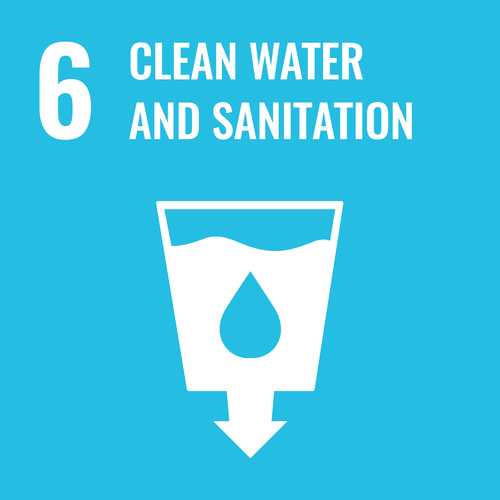
SDG 6
Clean water and sanitary facilities
The two streams in the Kelchsau district supply "green electricity" for the municipalities of Hopfgarten and Wörgl.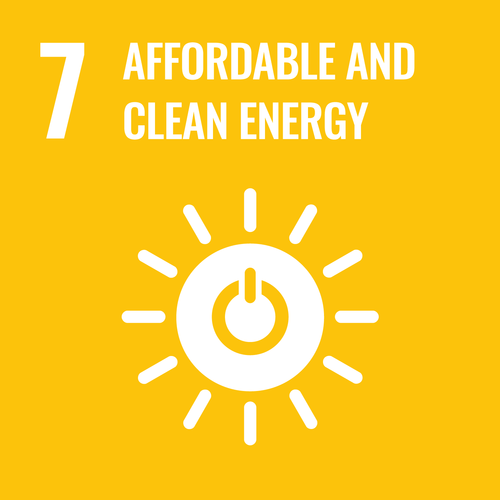
SDG 7
Affordable and clean energy
The high proportion of forest in the Kelchsau district provides a large supply of water all year round, ideal conditions for local energy utilisation and drinking water supply.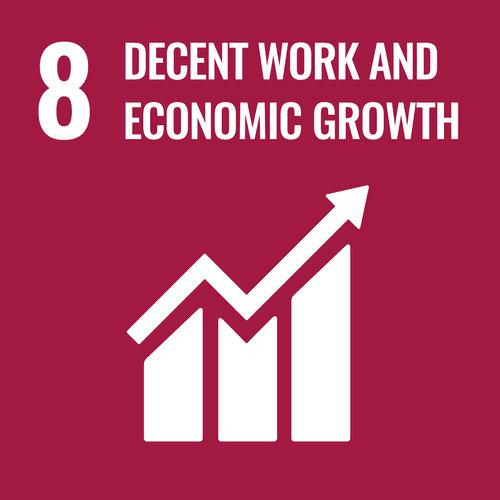
SDG 8
Decent work and economic growth
Employment of well-trained forestry and hunting staff. Ongoing employee training in ecology and economics and well-planned work assignments lead to productive and fair employment.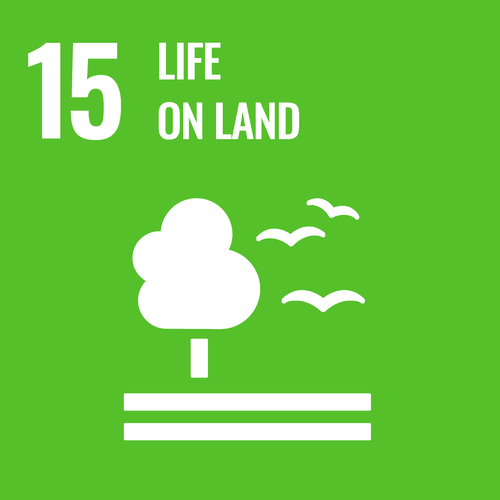
SDG 15
Life on land
The near-natural forest provides habitats for wild animals as well as diverse flora and fauna (wood ants, bog dwellers, etc.) and numerous bird species.
ISO 14064-2:2019 based methodology
Our projects utilise the "SILVACONSULT® Forest Carbon Standard" methodology in accordance with ISO 14064-2:2019, which ensures that companies use transparent and consistent methods to measure and report their emissions.

Externally certified projects
In collaboration with our partner, we organise the validation of our projects by an external certifier such as TÜV Austria. We then coordinate the annual monitoring by the certifier as well as the marketing and distribution of the verified climate protection services (VER).


